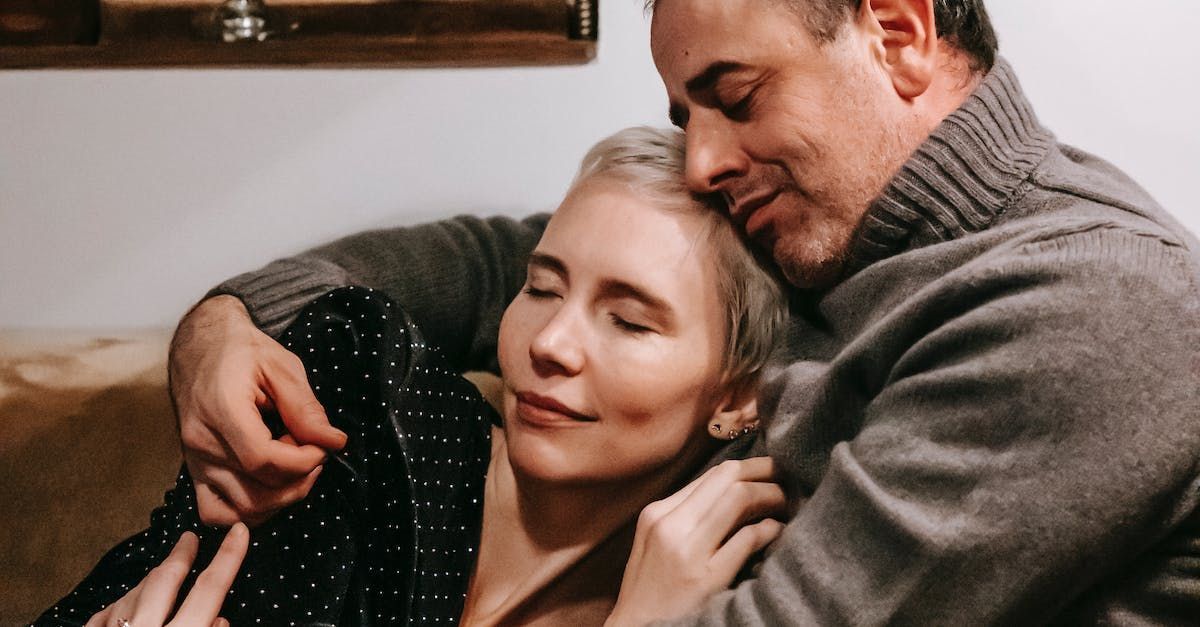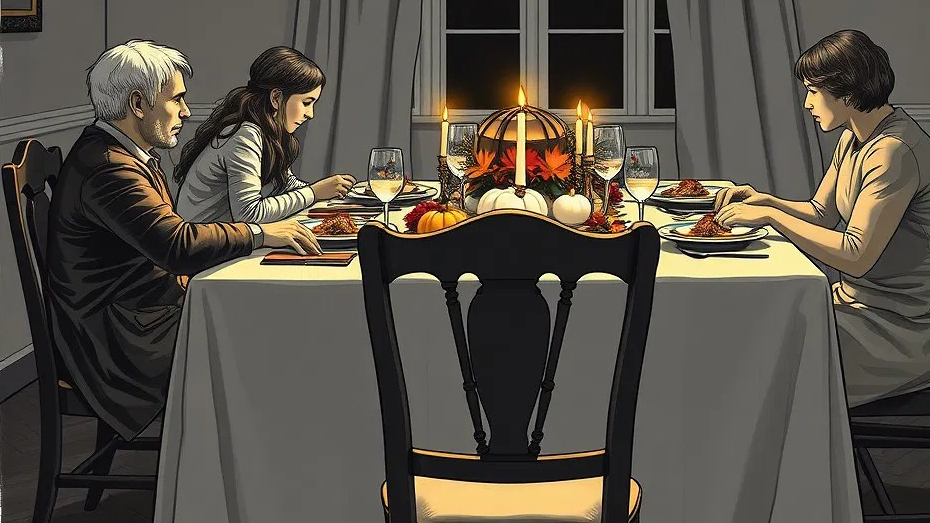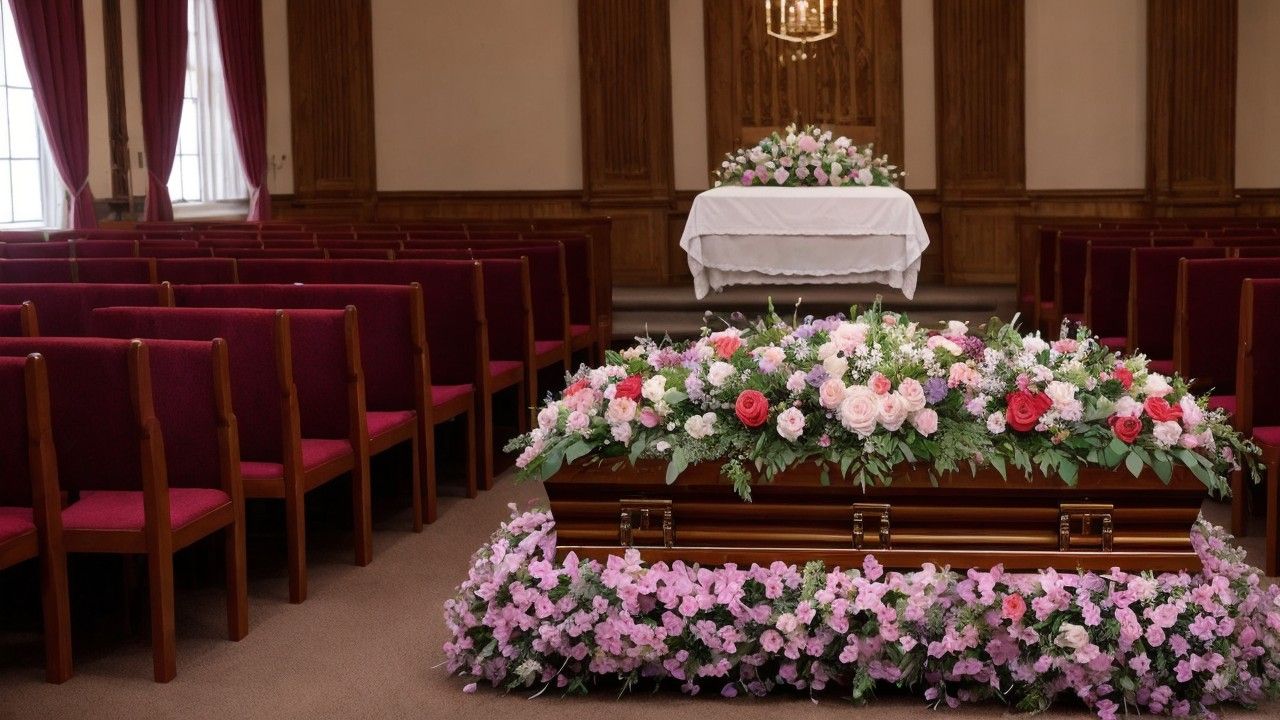Find a Trusted Proivder
Helpful Links

Business Hours
- Mon - Fri
- -
- Sat - Sun
- Closed

Share This Article
Grief is something most of us associate with loss that has already occurred—the death of a loved one, the passing of a friend, or the end of something meaningful in our lives. But what happens when you start grieving before the loss actually occurs? This experience is called anticipatory grief, and it’s something many people go through when a loved one is terminally ill or nearing the end of life.
Anticipatory grief brings its own unique challenges. It’s not just about sadness for the impending death; it can be a complex mix of emotions, including fear, guilt, and helplessness. It’s a way of grieving for someone who is still alive, and while it’s often overlooked or misunderstood, it’s a real and powerful experience.
This post will help you understand what anticipatory grief is, how it manifests, and—most importantly—how to cope with it.
What is Anticipatory Grief?
Anticipatory grief is a pack of emotions we experience when we know a loss is coming. Unlike traditional grief, which occurs after death, anticipatory grief begins while the person is still alive. It’s commonly experienced by caregivers and family members of terminally ill patients, particularly when a loved one is in hospice or palliative care.
This form of grief involves mourning not just the expected death, but also the gradual changes that happen before that death. You may feel grief as you watch your loved one physically decline or as their personality or mental state changes. These small losses can build up, leading to a deep sense of mourning even before the final goodbye.
A study published in the
Journal of Hospice and Palliative Nursing highlights that between 40% to 70% of caregivers for terminally ill loved ones experience anticipatory grief, with symptoms ranging from anxiety and depression to physical fatigue.
These caregivers often feel that they are already beginning to lose parts of the person they love, whether that’s in their physical presence, emotional connections, or the changes in their personality due to illness.
Why Anticipatory Grief Happens
Anticipatory grief is a natural response to an upcoming loss. It’s your mind and heart’s way of preparing for the inevitable. But that doesn’t make it easy.
Part of the reason this form of grief can be so painful is that it forces us to live in two emotional worlds at once. On one hand, you still have your loved one with you, even if they are changing or declining. On the other hand, you are mentally preparing for their absence. This emotional tug-of-war can create intense feelings of sadness, confusion, and stress.
It’s also important to understand that anticipatory grief doesn’t “cancel out” the grief you’ll feel after the death. Some people think that grieving before the loss will make it easier afterward, but that’s not always the case. You may still experience deep sorrow after the person passes, and that’s completely normal
Family caregivers, who provide most of the hands-on care for terminally ill loved ones, are particularly vulnerable to anticipatory grief.
According to a 2020 report by AARP and the National Alliance for Caregiving (NAC), more than 53 million Americans provide unpaid care to a loved one. Many caregivers choose to take on this responsibility not just out of necessity, but to spend those last precious moments with their loved one rather than delegate care to a professional . For these caregivers, anticipatory grief is compounded by the emotional and physical exhaustion of caregiving, creating a unique set of challenges that many feel unprepared to face.
The Emotional Impact of Anticipatory Grief
Anticipatory grief can be hard to recognize because it often feels different from post-death grief. You may not even realize you're grieving but it can manifest as a range of emotions, and these feelings often come in waves. Here are some common signs:
Fear: The fear of watching your loved one suffer, or the fear of how you’ll cope after they’re gone, can be overwhelming. You may worry about life without them or how you’ll manage practical matters after their passing.
Guilt: Many caregivers feel guilty for wanting the suffering to end, even though it’s a natural feeling. There’s also the guilt of feeling tired, frustrated, or even detached.
Anger: It’s common to feel anger during anticipatory grief—anger at the situation, at the illness, or even at the person who is dying. This can create tension, especially if you feel unable to express these emotions.
Sadness: Grieving for the life and relationship you had with your loved one is one of the heaviest aspects of anticipatory grief. Every day might bring a new loss, whether it’s physical, mental, or emotional.
Vivid Memories: Recalling memories of happier times, often with a bittersweet feeling that those days are gone.
Physical Symptoms: Just like with traditional grief, anticipatory grief can affect your body, leading to exhaustion, headaches, or trouble sleeping.
If you notice these feelings in yourself, it’s important to recognize that they are part of the anticipatory grief process. Acknowledging them can be the first step toward coping with this difficult time.
The Effects of Unaddressed Anticipatory Grief
Unresolved or unaddressed anticipatory grief can lead to more severe psychological effects, including complicated grief. Complicated grief is a condition where the grieving process gets stuck and prevents the individual from healing. In fact, those who experience high levels of anticipatory grief are at a greater risk for complicated grief after their loved one passes away.
Symptoms of
complicated grief include prolonged sadness, inability to accept the death, and a preoccupation with thoughts of the deceased. When anticipatory grief is left untreated, it can also lead to long-term depression, anxiety, and even physical health issues such as chronic fatigue or sleep disturbances.
How To Cope With Anticipatory Grief
While there’s no easy way to face anticipatory grief, there are steps you can take to manage it in a healthy way. Here are some practical tips:
1. Acknowledge Your Feelings
The first step in coping with anticipatory grief is simply to acknowledge it. Give yourself permission to feel sad, anxious, or even angry. Grief doesn’t follow a timeline or a set of rules, so don’t judge yourself for the emotions you’re experiencing. Accepting that these feelings are normal can help ease some of the pressure you might be putting on yourself.
2. Talk About It
Grief can be isolating, especially when the loss hasn’t happened yet. You may feel like you shouldn’t talk about it because your loved one is still here. But talking about your grief with a trusted friend, therapist, or support group can make a huge difference. Expressing your emotions helps you process them and reduces the burden of carrying them alone.
If you’re caring for someone who’s terminally ill, you may also find it helpful to talk to other caregivers who are going through the same thing. Shared experiences can create a sense of connection and understanding that’s hard to find elsewhere.
3. Be Present with Your Loved One
One of the hardest parts of anticipatory grief is feeling like you’re losing your loved one before they’re even gone. But instead of pulling away, try to stay present with them as much as you can. Cherish the moments you still have together, even if they are difficult. You might find comfort in knowing that you made the most of your time with them.
It’s also important to remember that being present doesn’t always mean doing something profound. Simple acts—holding their hand, sitting quietly together, sharing a memory—can be just as meaningful.
4. Practice Self-Care
Caring for someone who is terminally ill can be emotionally and physically exhausting. It’s crucial to take care of yourself during this time. Make sure you’re getting enough rest, eating well, and finding moments to recharge. Self-care isn’t selfish; it’s essential to maintaining the strength you need to continue supporting your loved one.
If possible, ask for help with caregiving responsibilities so you can take a break when needed. Whether it’s a friend, family member, or professional caregiver, don’t be afraid to lean on others for support.
5. Create a Legacy
One way to cope with anticipatory grief is by focusing on creating a legacy for your loved one. This can be something tangible, like gathering stories or photos, or something symbolic, like planting a tree or setting up a charity fund in their honor. Legacy projects can give you a sense of purpose during a difficult time, and they offer a way to keep your loved one’s memory alive long after they’re gone.
6. Seek Professional Help
If anticipatory grief is overwhelming and you’re struggling to cope, don’t hesitate to seek professional help. A therapist or grief counselor can provide you with tools to manage your emotions and work through your grief. There are also support groups specifically for people going through anticipatory grief, where you can connect with others in similar situations.
Moving Forward with Compassion
Anticipatory grief is a painful, complex experience, but it’s also a normal part of loving someone who is dying. And it’s perfectly okay to grieve before your loved one is gone. Give yourself grace, lean on others for support, and take time to care for yourself.
If you or someone you know is struggling with anticipatory grief, we encourage you to contact a
professional grief counselor who can offer support during this difficult time. You don’t have to grapple with this journey alone—let us help you find the guidance and understanding you need.
Related Articles
Related Articles





